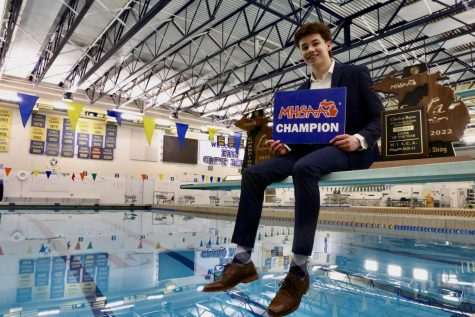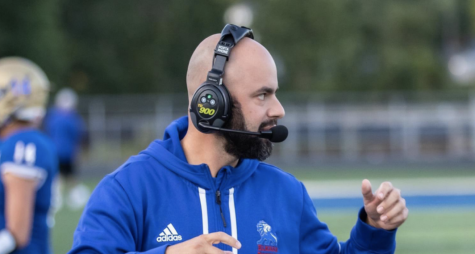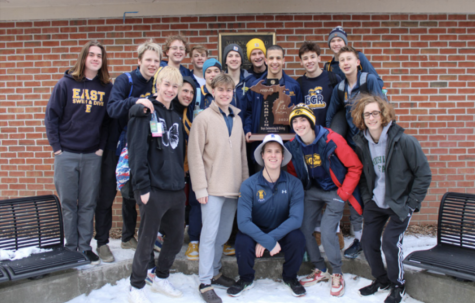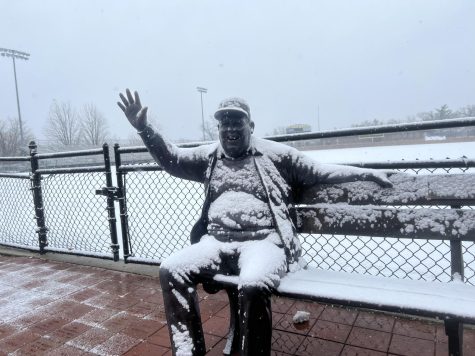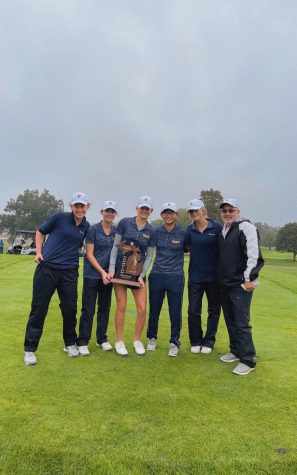Understanding Risk vs. Reward and ‘Towing’ the Line in the Slot
Exploring the Insatiable Desire of Students to Park Illegally
We’ve all been there. You overslept, you’re late coming back from lunch, or had an afternoon appointment. You can’t find a parking spot (within desirable distance, of course) so, like any other rational person, you loop the school once or twice, maybe even survey San Lu Rae or around the athletic lobby. This effort quickly proves useless. Because of the restricted parking on neighboring streets, you can’t find a spot worth walking to when you could, well, park illegally.
So that’s what you do. And that’s what I’ve done, many, many times. So many times that if perhaps my crimes had been noticed, you might find my mugshot on a corkboard in the Public Safety Department’s rec room.
But a wanted man I am no longer. I’ve been better about my parking, too. I wake up early enough to essentially have free reign over the senior lot and most spots in front of the school. Now, I find myself illegally parking less frequently than ever–but I must admit, there are many occasions when I have no other choice.
You see, there are more cars than there are spots in and around the high school. Because parking spots at the library and nearby commercial centers are limited or restricted, there are always students who either park unlawfully or a sizable distance away.
There are two types of illegal parking: illegal parking, and illegal parking. To understand the difference, just understand that a parking ticket for say, blocking a fire hydrant, is significantly less expensive than a towing bill for cross parking in the staff lot. It’s easy to get upset at the administration for its towing practices, and while I don’t necessarily agree with the volume cars have been towed, it is not surprising nor unreasonable that they are being removed in the first place.
I drive to school because I live outside of city limits, but the vast majority of East students live within reasonable walking distance. If, for instance, students carpooled–or parking passes were distributed and sold in a manner that prioritized distant students–then there wouldn’t be a need to tow students in the first place. If the city stopped limiting parking on neighboring streets, then the morning “rush-hour” pressure on Lake Dr. would be lessened. I leave early enough to get a desirable spot, but telling everyone to find a parking spot earlier won’t actually solve the problem, it will just spread it out longer.
Unless solutions are explored and action is taken, the school will have no choice but to continue playing an endless game of ‘McKinney-and-mouse’ between Merl’s Towing Service and senior parking lot-dodgers. As gas pushes over $4.00 a gallon, the weather gets increasingly more pleasant, and students rack up $300 towing bills, there comes a point where you have to ask yourself: is the risk worth the reward?
This story was originally published in the March 31 edition of The East Vision.


